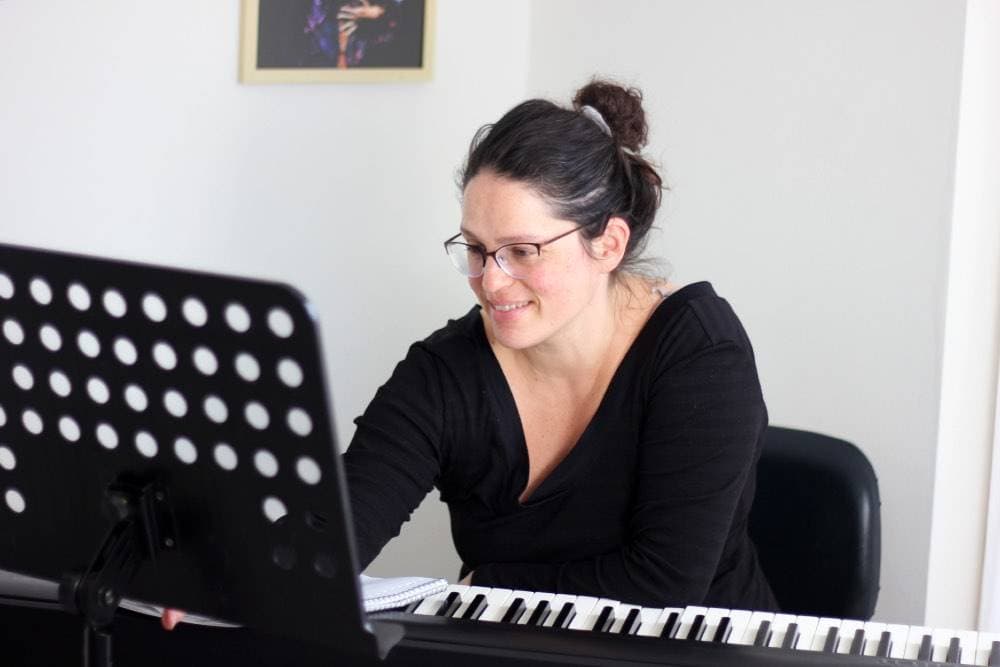
For my generation, arts education was still very much so a requirement in most if not all school systems. Upon entering the classroom, you knew that that room, however small or large it may be, was an artistic and magical place. It was a fairly common feeling in every school I have attended. Bach, Beethoven, and Brahms at one point were thought of as brothers in my mind; they were usually mentioned together. Schubert, Schumann, and Strauss were spoken in the same if not higher esteem during my tenure as a student.
But those memories are not ones that my nieces and nephews have made. And for that matter, they are not memories that my children will covet as much as I have in my otherwise short lifetime. The No Child Left Behind Act of 2001 played a part in the reformation of the arts in schools. Conceptually, it may have been a good idea. Realistically it has caused over two-thirds of the nation’s public schools to feel like the arts have been slowly taken out of the school system.
And they have.
During and transitioning out of the COVID-19 Pandemic, I’ve been able to work with a wonderful company where I am proud to say I am the Director of Educational Programming. My association with “Opera on Tap” (OOT) started as most do in the operatic world: an audition. Did I understand that I was auditioning to be the First Lady for a reduced playground production of Mozart’s Die Zauberflöte? Playground version of the Opera you say? Yes, I did. But I can’t say I understood the magnitude of it all.
As a performing artist, what initially intrigued me about this company and this specific program was the foundational work that was done to put on this daunting production. Outside of the normal gauge of performer, theatrical space, production team, instrumentalist, set, and costume design, they were clear about the importance of each student’s participation and the intricate parts they played. This was like no other production I have ever seen or been a part of the implementation of an actual playground as the set combined with OOT’s Teaching Artists coming in to guide these students in language, history, dance, costume design, and staging was incredibly unique.
However, like many programs disrupted by COVID, those beautiful yet simple productions were canceled. Technology took even more precedence. Zoom became the preferred tool for communication and learning math, science, English, history, all deemed necessary for students of all ages. What about the arts? Disproportionately, teachers in the arts, if they were not able to pivot into teaching core work, were not able to work.
Yet, creativity abounds and new ideas were birthed by the Staff of Opera on Tap; Virtual Playground Opera was born. The work began in 2020, asking the simple question “How can we get students worldwide to experience what we have been able to do here in New York City area?” The answer was simple, yet complicated. Creating an Opera is communal, yet the pandemic was one of the most isolating human experiences in modern time.
Opera on Tap addressed this head-on. We hired opera singers from around the world, sending them costumes and staging directions to their various residences. All methods of recording were welcome, from an extraordinary iPhone to the engineering tools of a recording studio. Our amazing production team worked tirelessly to weave an intricately made experience that would be like no other. Our first virtual opera was Cenerentola by Gioacino Rossini.
Children are allowed to participate from their own homes in interactive lessons, including “The Waltz” taught by renowned choreographer Dubois Akeen and “Creating Crowns” by Costume Designer Ramona Ponce. The best part is being able to watch children make their virtual background with whatever tools they have access to and create a character that feels good to them, and that they can share virtually with other students and their teachers.
Coming out of the pandemic, we offer this program in person or virtually, as virtual learning will remain an important part of education from now on. Our teaching artists, as before, can be streamed synchronously or asynchronously for convenient, fully engaged learning. These episodes teach history, language, various stories from different countries, dance, and of course, music. And the end result is a production that our students can be proud of because they are part of every aspect of the creation. To learn more about our program, please visit https://operaontap.org/playground-operas.


